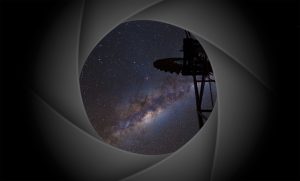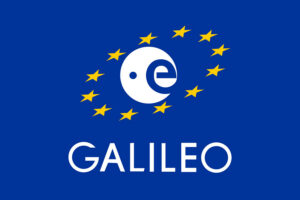European Space Agency & Thales Athena Space to Extract Oxygen on Moon
28th Mar 2022
The European Space Agency tasks Thales Athena Space with extracting oxygen on Moon. The team will be responsible for designing an experimental payload to extract the element from the Moon surface. The technology will serve as the basis for Moon and deeper space exploration.
European Space Agency on Latest Moon Mission
According to David Binns, European Space Agency Systems Engineer, Thales Athena Space will be responsible for building lunar lander equipment that could extract breathable oxygen for astronauts on the Moon. The technology will extract spacecraft propellant, alleviating further Moon and deep space exploration missions.
The main goal right now is to learn how to extract 50-100 grams (about 70%) of the moon regolith in a vacuum space. However, speed is of utmost importance for this mission because scientists will only have ten days before the lunar night begins. Oxygen on Moon extraction is only possible within a solar power fortnight.
There is Plenty of Oxygen on The Moon
Even though we still lack a detailed picture of the Moon and its available resources, the presence of oxygen on the Moon has already been confirmed by astronauts and previous lunar missions. The analysis of the Moon regolith proves that oxygen is one of the most abundant resources, even though learning how to extract it from Moon samples will surely take some time.
Still, the success of NASA’s Artemis mission will depend on how successful the technology from the European Space Agency and Thales Alenia Space is. In addition to building lunar landers, ESA is working on a project of a Moon power plant that would extract not only oxygen but also available metals abundant on the Moon.
By the time the first lunar base is built, the European Space Agency hopes to fine-tune its technology of extracting oxygen on Moon.
![Not Only Eclipse: Last Week In Best Astrophotos [5-12 April] Not Only Eclipse: Last Week In Best Astrophotos [5-12 April]](https://orbitaltoday.com/wp-content/uploads/2024/04/Veil-Nebula-300x205.jpg)





Thank you for your comment! It will be visible on the site after moderation.